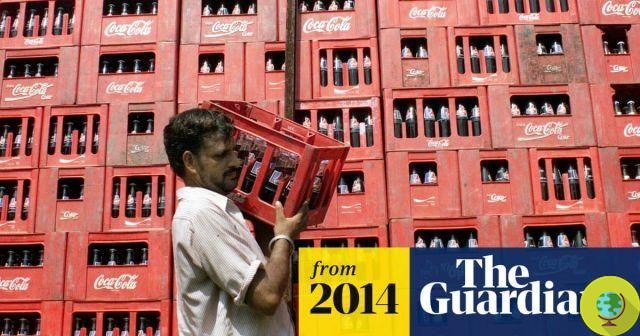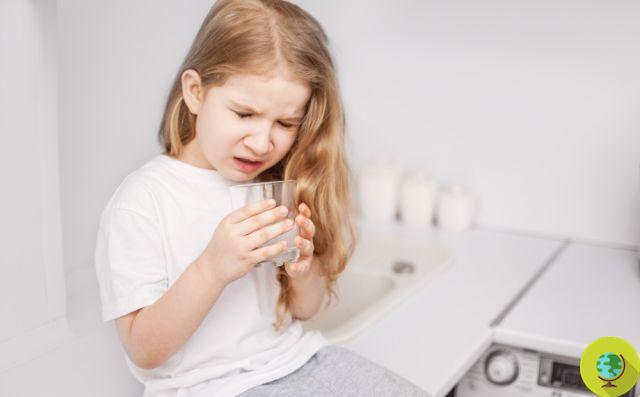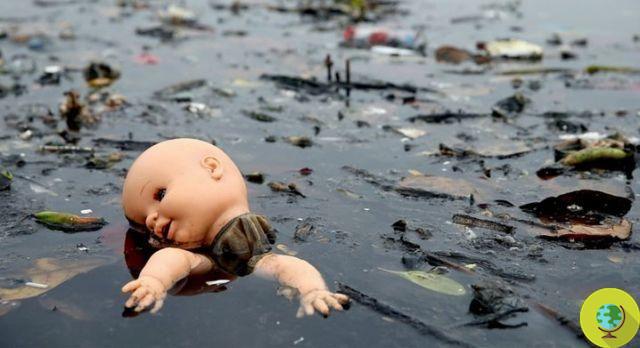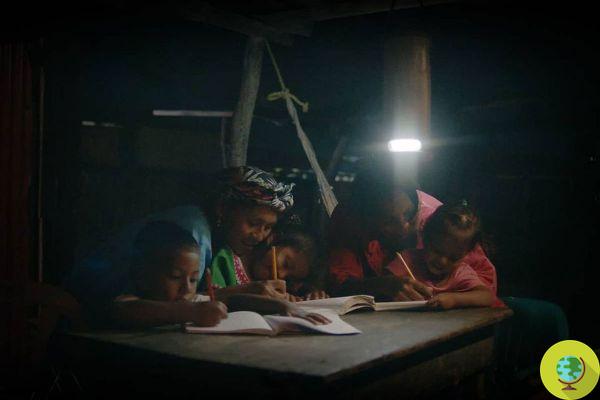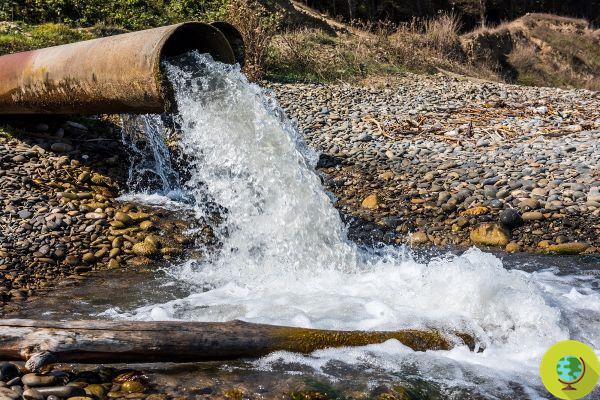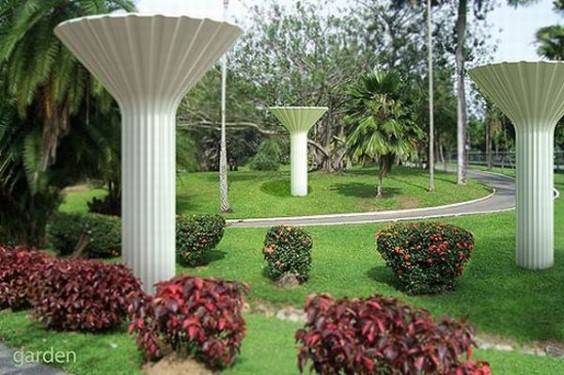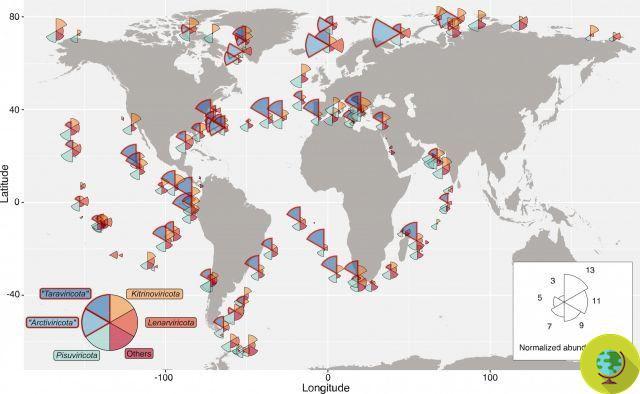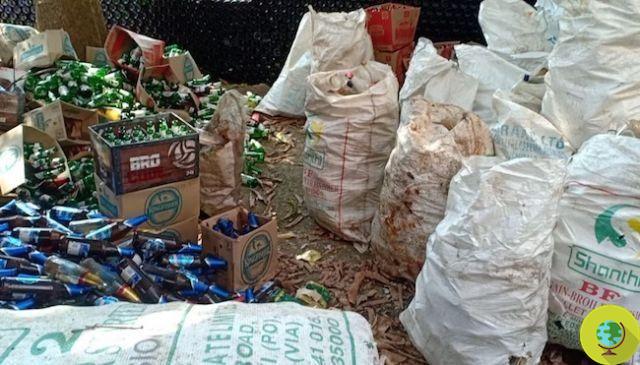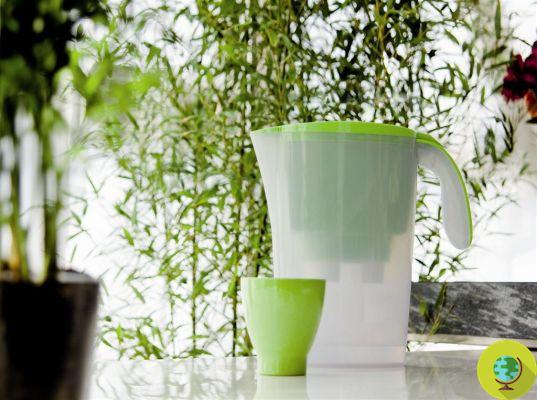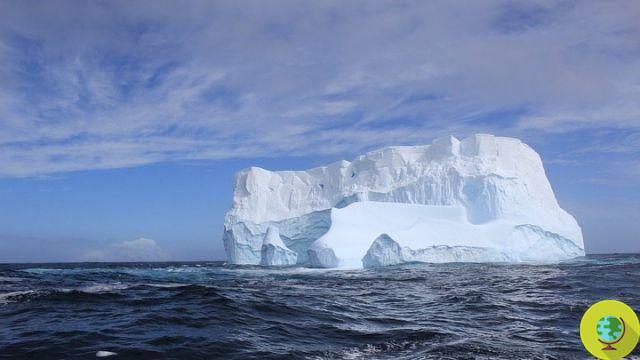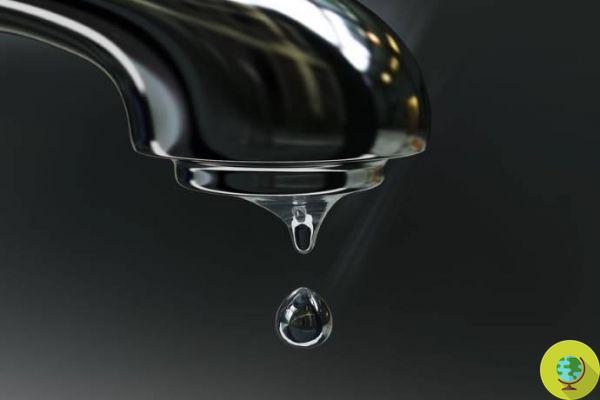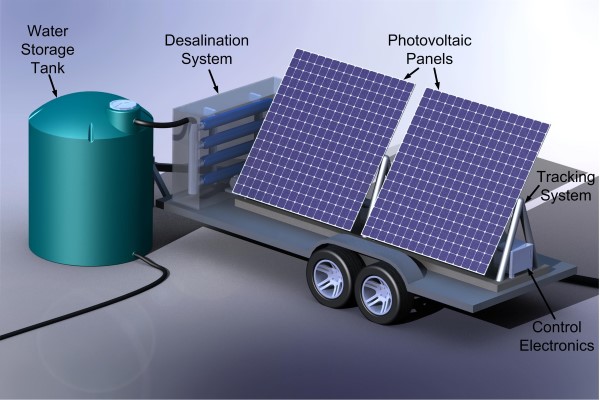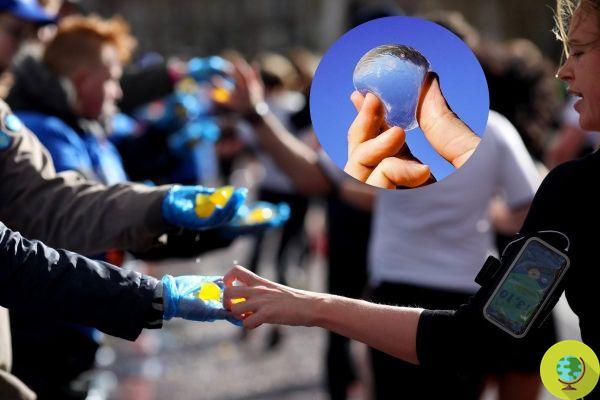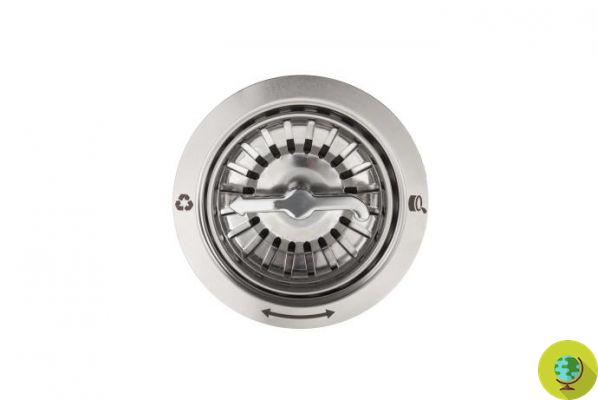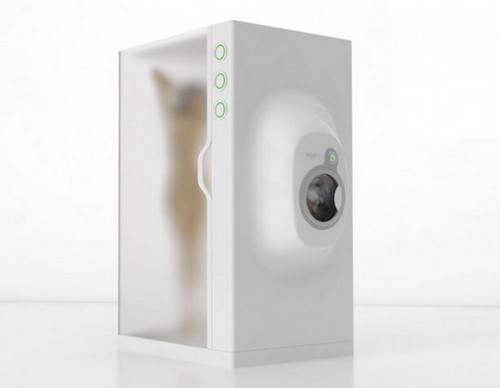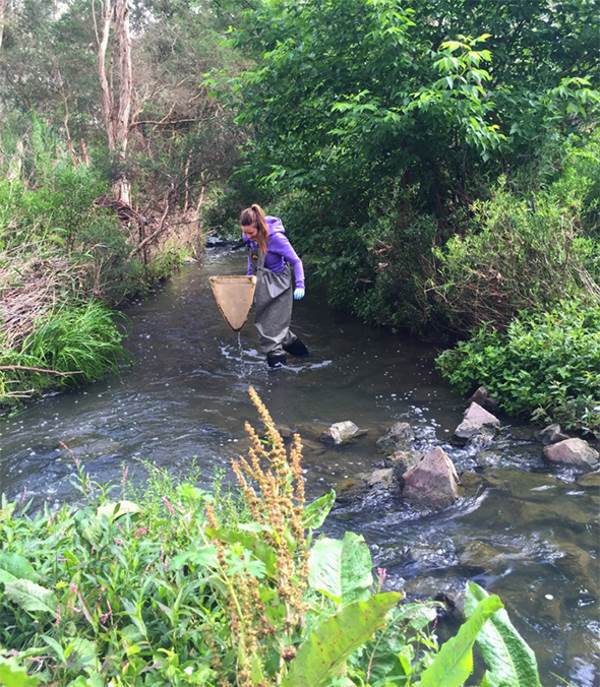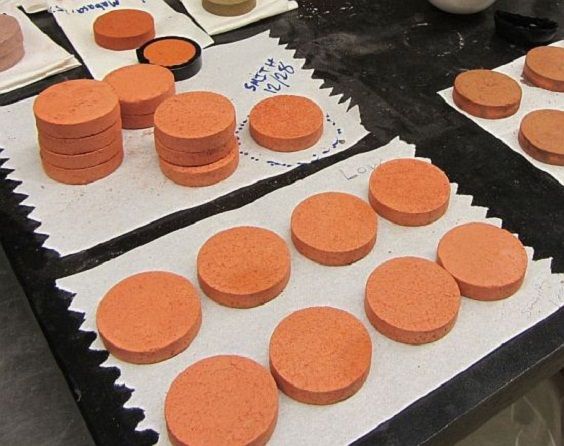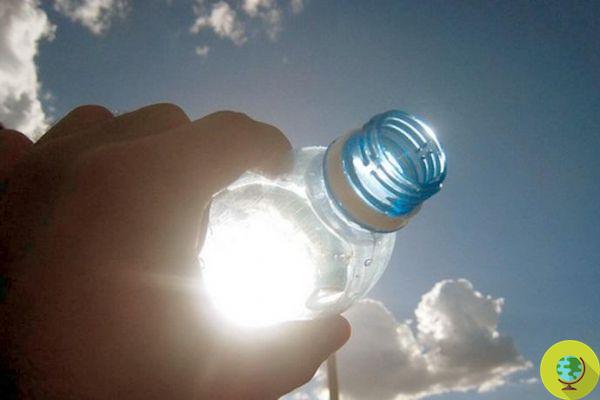
On whatsup the message that warns about drinking water from plastic bottles left in the sun associated with the risk of developing breast cancer returns to run. Hoax or reality? What's real? Only alarmism?
He is about to end up run over, his mother saves him
On whatsApp the message that warns about drinking water from plastic bottles left in the sun associated with the risk of developing breast cancer returns to run. Hoax or reality? What's real? Only alarmism?
Bottled water left in the sun, an unhealthy habit and not surprisingly prohibited by the law that punishes the traders who keep the crates of water outside. And with the arrival of the heat, the alarm (not quite correct) that would cause breast cancer returns to circulate, amplified by social networks and instant messaging. So let's try to shed some light.
In these days, a fake news circulates again on Whatsapp, according to which the "if you leave your plastic bottle with water in the car during hot days and drink the water after it has been heated, you run the risk of developing cancer otherwise",
Sun exposure causes carcinogenic reactions. What's real?
According to Massimo Di Maio, director of Oncology at the Mauriziano Hospital in Turin, there is no scientific proof of this risk.
"Even in the most 'extreme' experiments, in which the bottles were heated for many hours, the quantity of substances released into the water was far below the limits considered safe for health".
According to a study, conducted by plasticsinfo.org, PET (polyethylene terephthalate), that is the plastic used for soft and transparent bottles, is inert and does not release anything that can promote cancer, even after exposure to the sun because any molecules released are present in negligible doses.
"The alleged risk of breast cancer arises from the fact that some of the substances contained in plastic bottles that are" released "after intense heating are considered capable of modifying the levels and activity of hormones in the body, but - even in this case - the quantities reasonably present in the water are much lower than those potentially dangerous. Obviously, to further reduce a risk that already appears negligible, it is advisable to respect the advice of do not leave the bottles in the sun for too long. A reasonable prudence ”explains Di Maio.
BPA hazard
So can we rest assured? Not even because it has instead been widely demonstrated that plastic in contact with heat releases substances dangerous to health such as BPA and BPS, known endocrine disruptors that do not directly cause cancer, but are far from beneficial. So much so that baby bottles are banned across Europe, but they continue to be present in many plastic products, including bottles.
Second healthtalk.com, these containers and those that use epoxy resins (for example food cans) release bisphenol A. BPA is in fact the main component of polycarbonate, the hard and transparent plastic also used to make water bottles and food containers.
According to a study conducted by the University of Florida, PET water bottles, when heated, release antimony and bisphenol A (BPA).
While the U.S. Food and Drug Administration claims low BPA levels are not health concerns, the chemical's impact continues to be investigated.
University of Florida Soil and Water Science Professor Lena Ma led the research team that studied chemicals released from 16 brands of bottled water stored at 158 degrees Fahrenheit (70C) for 4 weeks, the "worst case scenario" for human consumption. The study found that as the bottles warmed, the levels of antimony and BPA increased.
At 70 ° C, antimony concentrations increased up to 319 times greater than the levels in the refrigerated condition. The highest level was measured at 0,00026 milligrams per liter of water, still below the EPA legal limit of 0,0006 milligrams per liter of drinking water. However, other countries, such as Japan, have set stricter limits on the substance.
Of the 16 brands, only one had managed to pass the EPA standard for antimony and BPA. And antimony is considered carcinogenic by the International Agency for Research on Cancer (IARC).
One thing above all should make us think. Store mineral water outdoors contained in plastic bottles intended for sale is crime because the organoleptic properties can be altered. This was decided a few years ago by the Court of Cassation, which rejected the appeal of two wholesalers convicted of keeping packs of water exposed to sunlight and dust.
Just in recent days, in Bologna the Carabinieri of the NAS have seized 3600 bottles of mineral water stored under the sun, reporting the manager of a supermarket to the Judicial Authority and accusing him of having kept bottled water, intended for sale in poor condition conservation. There will be a reason.
So our advice is not to feed this type of alarmist chains, but in any case avoid consuming water left to heat in the sun, but also to reuse plastic bottles as little as possible and equip yourself with bottles in glass, steel, aluminum or BPA free.
READ also:
- Is reusing plastic water bottles safe?
- BPA: 10 Ways To Lower Your Whole Family's Exposure To Bisphenol A.
- Plastic and food: how to recognize plastics that should never be used with food
- Bisphenol A (BPA): still present in 38% of canned foods
- Microplastics in water bottles: all brands involved
Francesca Mancuso




